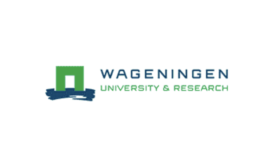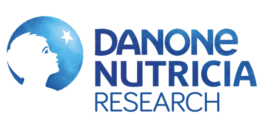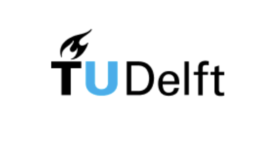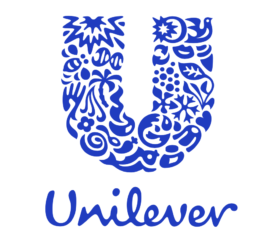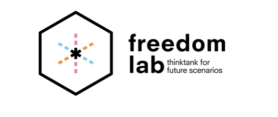Homepage
Accelerating the transition to plant-based proteins
Meat and dairy products have a high environmental impact. We need to shift our diet towards plant-based substitutes. We call this shift the protein transition.
We are a consortium of Dutch universities, companies, and organizations that want to understand and accelerate the transition to plant-based proteins.
We study the protein transition from four perspectives: first, we examine the motives of consumers to make dietary shifts and implications for reframing strategies. Second, we recognize that replacing meat and dairy by plant-based alternatives may not be easy since meat and dairy are so deeply rooted in consumption practices. We use categorization theory to shed light on how meat and dairy alternatives are perceived by consumers and what the consequences are for adoption. Third, we zoom out and study the complete innovation system and analyze what elements of the system are driving and hampering the protein shift to take place. Fourth, we use a design perspective to examine the effects of various frames on strategies and system interventions employed to accelerate the transition.
The project will run from September 1st, 2020 to July 31st, 2025. For more insight into each of the individual research projects see: Research
The partners:
